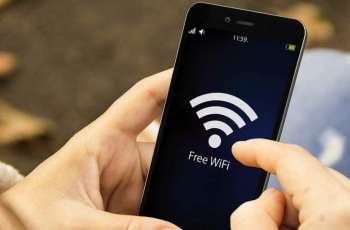Thirty-eight percent of residents in 152 counties that make up the US "Black Rural South," have no internet connection at home, nearly double the rate of Whites in the same counties, a report by the Joint Center for Political and Economic Studies said on Wednesday
WASHINGTON (Pakistan Point News / Sputnik - 06th October, 2021) Thirty-eight percent of residents in 152 counties that make up the US "Black Rural South," have no internet connection at home, nearly double the rate of Whites in the same counties, a report by the Joint Center for Political and Economic Studies said on Wednesday.
"One of every four Black residents in these communities lack even the option to subscribe to high-speed internet, let alone an affordable one. This means that before we can even consider affordability, Black residents are being shut out of access at shocking rates, and countless more with high prices and insufficient Federal support," the Joint Center's Technology Policy Director Dominique Harrison said in a press release.
The 152 counties of the Black Rural South include those in the states of Alabama, Arkansas, Georgia, Florida, Louisiana, Mississippi, North Carolina, South Carolina, Tennessee, and Virginia, where at least 35% of the residents are Black, the release said.
In those counties, broadband service is not yet available for 25% of residents compared with non-availability for 3.8% of Americans as a whole, the release added.
The Joint Center calls itself America's Black think tank, and much of the report deals with economic opportunities and development that could flow from expanded broadband access.
Closing the so-called digital divide is one issue where support in the US Congress crosses party lines. The pending $1.2 trillion bipartisan infrastructure bill would invest $65 billion in extending broadband to people without access or who are unable to afford the service.




